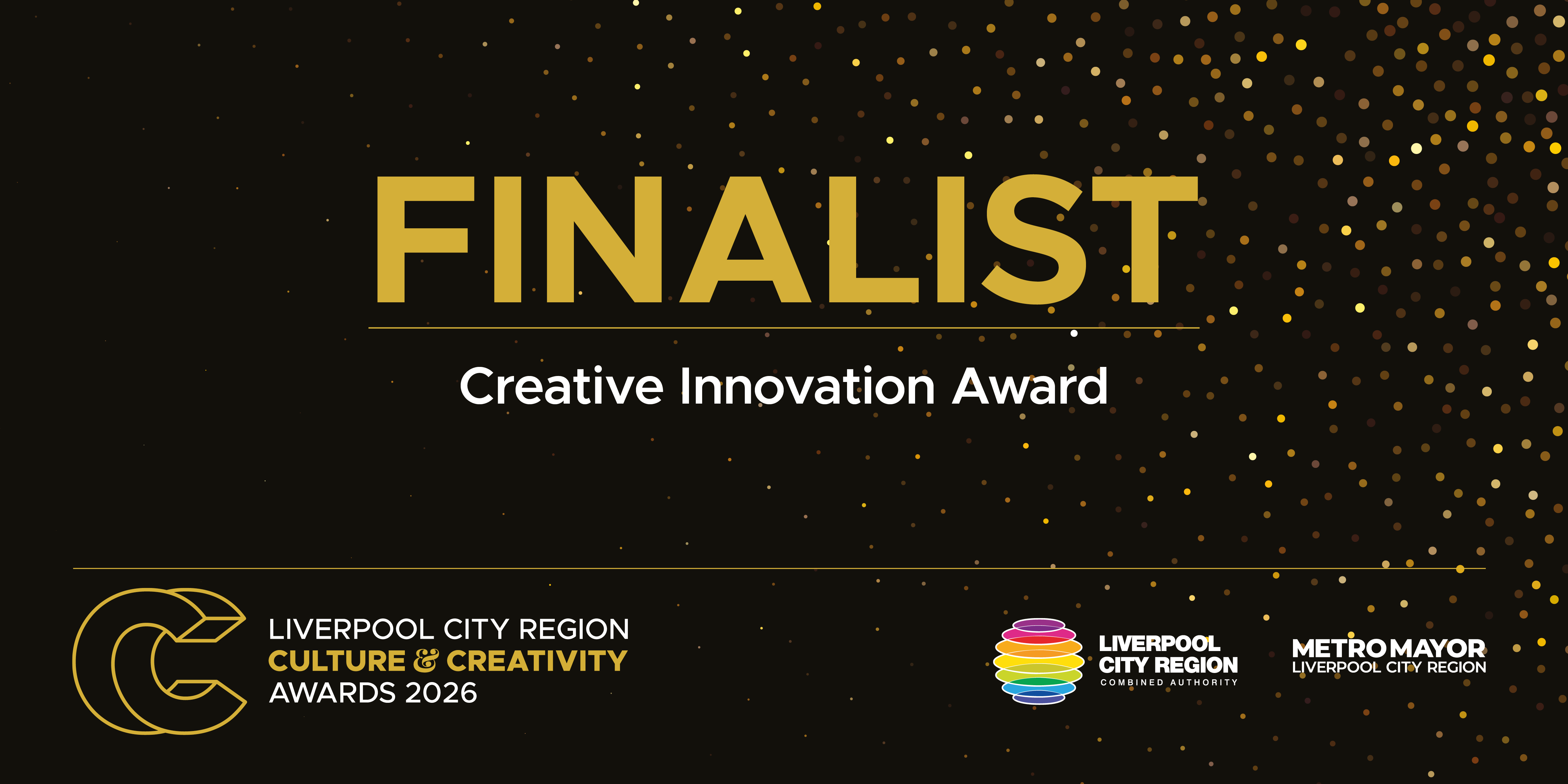What is Deep Tech
Deep tech involves startups using advanced science and engineering to solve complex problems.

Deep tech, also known as deep technology or hard tech, refers to startups and organisations that focus on developing technology solutions based on substantial scientific or engineering challenges. These solutions often require extensive research and development, significant capital investment, and involve high technical risk, although they typically present lower market risk due to their potential societal value.
Characteristics of Deep Tech
- Scientific and Engineering Foundation: Deep tech is rooted in advanced scientific principles and engineering innovations. It involves technologies that push beyond current technological benchmarks, often resulting in disruptive new products
- Long Development Cycles: The transition from basic science to market-ready technology in deep tech is lengthy, often taking years. This is in contrast to "shallow tech," which involves more readily available technologies like mobile apps and websites
- High Capital Requirement: Deep tech startups require substantial early-stage funding for research, development, and prototype creation. This often involves non-traditional funding sources such as government grants and non-dilutive funding
- Intellectual Property: These companies typically generate valuable intellectual property that is difficult to replicate, providing a competitive edge once the technology is commercialised
Fields and Applications
Deep tech has a wide range of real-world applications across various industries, leveraging advanced scientific and engineering innovations to address complex challenges. Here are some notable applications:
Artificial Intelligence (AI) and Machine Learning (ML): These technologies are used in numerous sectors, including enterprise systems, where they optimise operations, enhance predictive maintenance, and improve decision-making processes.
Biotechnology: Deep tech innovations in biotech are addressing significant health challenges, such as antimicrobial resistance and the development of advanced therapeutics. These applications often require extensive research and development before reaching commercialisation.
Robotics: Robotics is applied in industries like manufacturing, healthcare, and agriculture. For example, robots are used for automating tasks, improving precision in surgeries, and enhancing productivity in farming operations
Advanced Materials: Innovations in materials science are crucial for developing new forms of energy storage, carbon capture technologies, and sustainable materials, contributing to environmental sustainability efforts.
Quantum Computing: This emerging field holds promise for solving complex computational problems that are currently intractable, with potential applications in cryptography, optimization, and materials science.
Sustainable Energy: Deep tech is driving advancements in energy generation and storage solutions, such as novel battery technologies and renewable energy systems, aimed at reducing carbon emissions and enhancing energy efficiency
These applications demonstrate the transformative potential of deep tech in solving some of society's most pressing challenges and creating new market opportunities.
These technologies are applied to tackle significant challenges such as climate change, sustainable energy, and health, potentially creating new markets or disrupting existing ones.
Related articles


Explore our collection of 200+ Premium Webflow Templates


